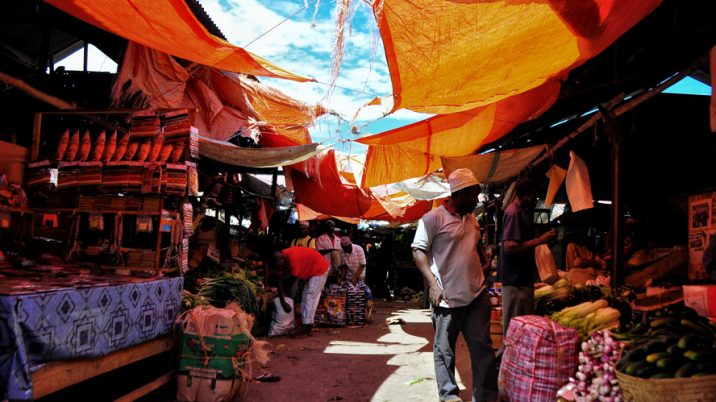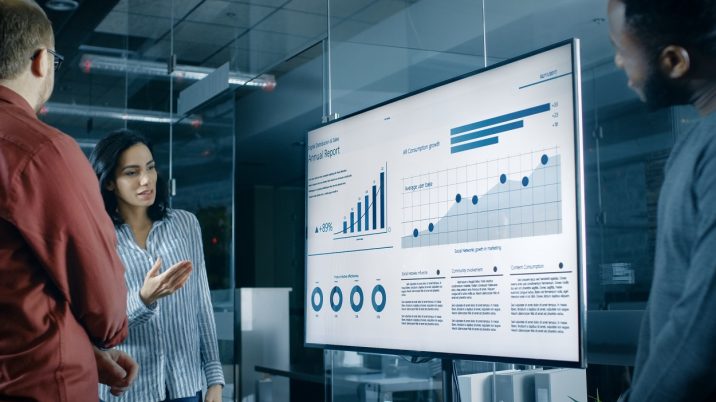Metrics and indicators
We know that measuring the right things is fundamental to helping our partners understand the effectiveness of their work. Whether it be tracking organisational change outcomes, assessing cost-effectiveness or identifying changes in the political environment, we have a proven track record of developing the right indicators for our partners.
Use the filters below to explore our work on metrics and indicators.
Filter content:

Monitoring progress towards the SDGs and providing digitally-driven solutions for UNICEF’s COVID-19 WASH response
Sustainable Development Goal 6 aims to achieve universal access to safe and sustainable water, sanitation and hygiene. The...

Mid-term review of IFAD’s Adaptation for Smallholder Agriculture Programme
Smallholders are on the frontline of climate change. Their livelihoods rely on natural resources that are already affected by...

Improving poverty and disability measures through better data collection: Lessons from WISH
Collecting data for decision-making on personal issues related to sex, income and ability is fraught with complications that...

A learning-focused assessment of experiences in collecting poverty and disability measures through client exit interviews
Collecting data from service users on personal issues related to reproductive health, living conditions and abilities is...

Evaluating the impact of reintegration assistance provided under the EU-IOM Joint Initiative in the Horn of Africa region
Migration is a growing reality for millions of people across the globe. In 2017, IOM (International Organization for...

The Multilateral Organisation Performance Assessment Network: UNICEF Assessment
A continuing trend in international development has been the greater scrutiny of ODA (Overseas Development Assistance)...

Development of key performance indicators – Final Report
BEIS (Department for Business, Energy and Industrial Strategy) spends part of the overseas aid budget on research and...

Research for Development indicators: A review of funder practice
The Newton Fund and the GCRF are managed by BEIS (Department for Business, Energy and Industrial Strategy) to promote research...

Recovering better from COVID-19: Lessons from WASH and protracted crises
Globally, people living in protracted crises represent the ‘last mile’ in terms of reaching the SDGs — they are the most...

Global Evaluation of UNICEF’s WASH Programming in Protracted Crises, 2014–19
This Global Evaluation of UNICEF’s WASH Programming in Protracted Crisis (WiPC) is the first UNICEF global thematic...

Designing effective verification systems for Payment by Results contracts
New series of publications shares practical guidance for third-party verification services based on learning from the WASH...

Evaluation of the second phase of the Energy, Security and Resource Efficiency in Somaliland programme
Access to clean and affordable energy remains a barrier to economic development in Somaliland where energy consumption per...

Data collection and analysis partner in India and Bangladesh
Target 8.7 of the Sustainable Development Goals calls for effective measures to end forced labour, modern slavery and human...

Stamping out slavery in Nigeria – MEL Unit
Historically, Nigeria has been seen as a country of origin, transit and destination for human trafficking. Edo State has been...

Learning Partner for the Financial Sector Deepening Trust, Tanzania
The Financial Sector Deepening Trust in Tanzania (FSDT) adopts a market development approach towards addressing systemic...

Developing indicators for the UK’s aid spend on research and innovation (GCRF and Newton Fund)
BEIS (Department for Business, Energy and Industrial Strategy) spends part of the overseas aid budget on research and...

